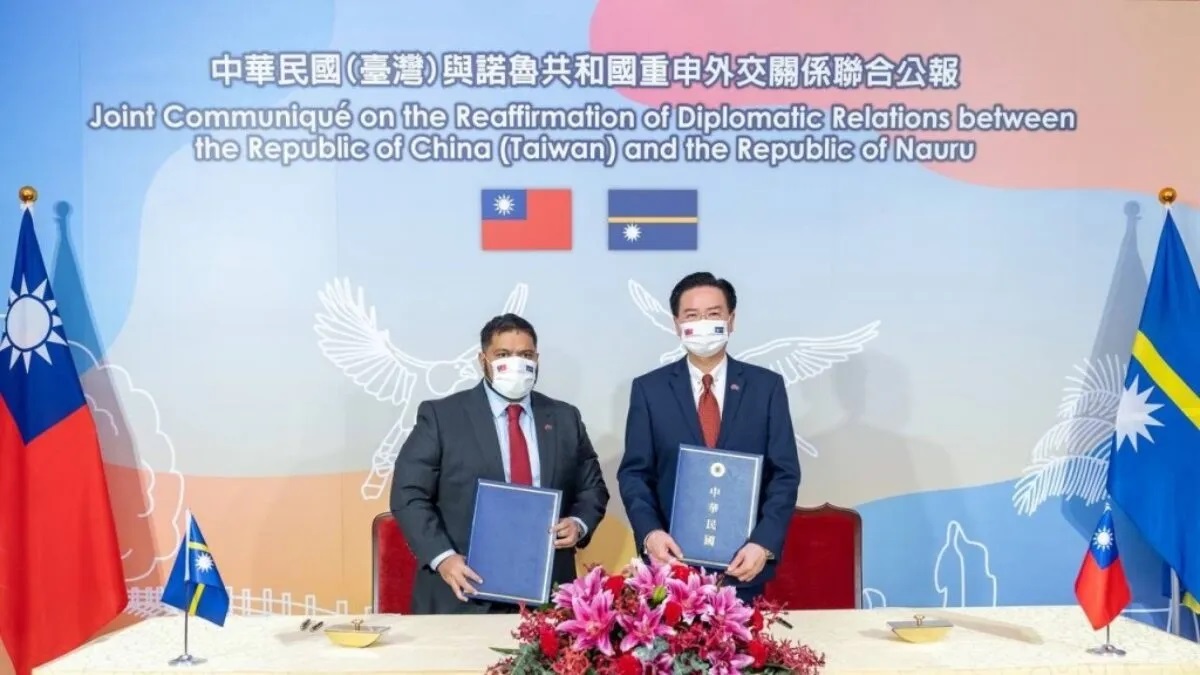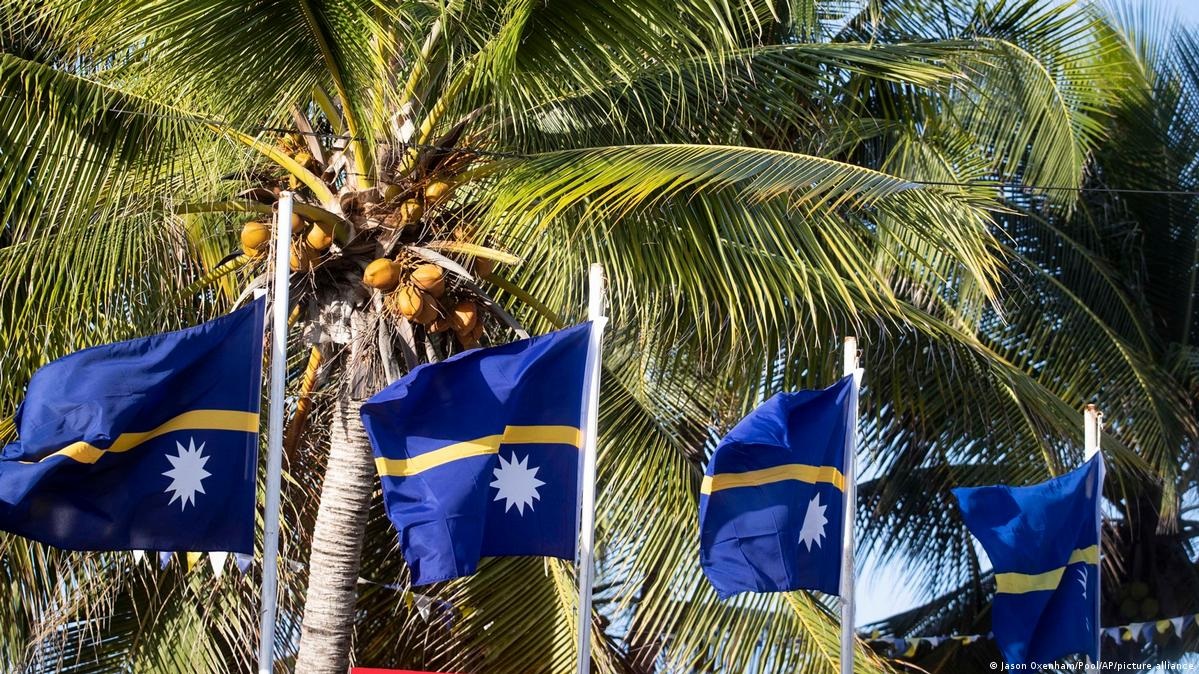
The Republic of Nauru has made a momentous diplomatic development by reconfirming its diplomatic relations with China, shifting them from Taiwan. (Photo: BNN News)
Nauru’s Strategic Diplomatic Move Alters Geopolitical Landscape in the South Pacific, Posing Challenges for US-China Relations
The Republic of Nauru has made a momentous diplomatic development by reconfirming its diplomatic relations with China, shifting them from Taiwan. The ongoing antagonism between the United States and China in the South Pacific is anticipated to be significantly impacted by this decision.
The move, announced by Nauru’s President David Adeang, has reshaped the geopolitical dynamics in the South Pacific and has raised concerns about the implications for US-China relations in the area. With Taiwan President-elect Lai Ching-te, known for his cautious stance on China, securing a decisive victory in the island’s recent presidential election, the Democratic Progressive Party has gained an unprecedented third term in power.
The US and China have been actively engaging in a battle for influence in the South Pacific, with the US diverting attention away from the region, and China capitalizing on the opportunity by offering support for social initiatives and climate crisis efforts. Moreover, the subtle security component of this power struggle underscores both nations’ ambitions to secure access to critical ports and military bases in the region, with some Pacific Islands leveraging this competition to their advantage.
READ ALSO: Vermont Lawmakers Aim To Tackle Timber Theft Issue With Revised Legislation
The decision by Nauru to switch diplomatic allegiance from Taiwan to China has elicited regret from Taiwan’s Presidential Office, emphasizing the disappointment regarding Nauru’s choice under the influence of Beijing. With only 12 countries globally recognizing Taiwan’s government, the diminishing official recognition adds to concerns about potential political instability for the island.
The United States has been striving to counter China’s growing influence, as evidenced by its first-ever Pacific strategy in 2022, which accused China of diplomatic pressure and economic coercion in the region. However, China’s increasing success in swaying Pacific island countries to change their diplomatic recognition reflects a strategic challenge for the US in countering China’s influence in the region.
READ ALSO: Chinese Donations To Biden’s University Think Tank Triple, Sparking National Concern
























